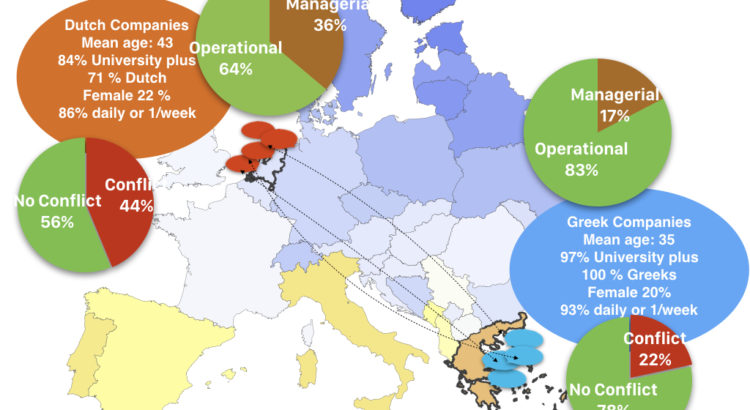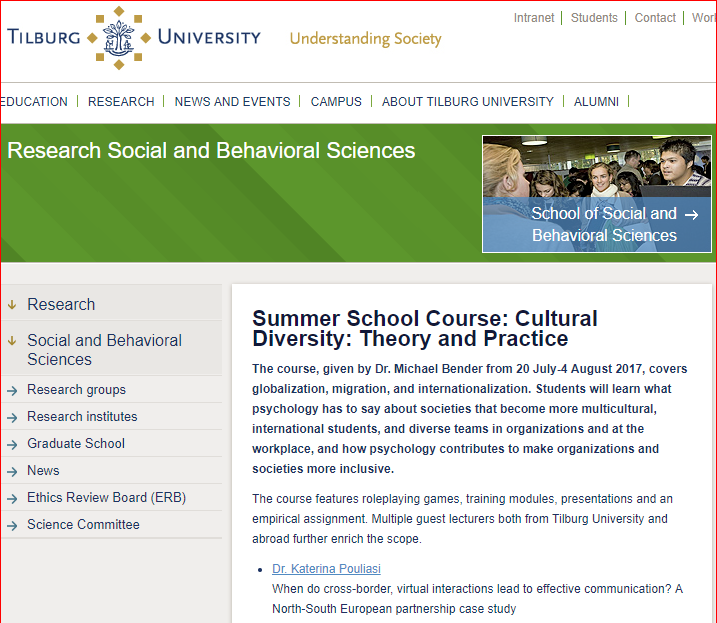What issues could arise in a North-South European co-operation?
Think critically, go through our cultural simulations to,
Embody what in the other culture works
One needs to feel the other culture in action rather than listen to theories or advice. Participants (when feasible with diverse cultural background) work in groups with straightforward exercises that make it easy to develop an embodied understanding of how culture(s) guide behavior.
You understand it by confronting your own spontaneous answer in a given situation to other authentic responses originated from the culture in comparison. Findings from cross-cultural scientific studies are strong and persuade!
Learn how to
Minimize the risk of failure, prevent frustration, empower your soft skills with Intercultural Competence.
Looking cross-culturally you realise why:
- Initiative, Personal Responsibility and Personal Acountability matters so much.
- Attitude to Time (Deadlines, Clock-time vs Event-time approaches (e.g., in meetings), Long-term vs Short-term planning ) are of critically important.
- Feelings of Honor and sensitivity to being Offended vs Personal Freedom in Expressing your Opinion, when either side hold strongly, may kill your goals.
- Discrepancies in Hierarchy (Managerial – Operational relationships style) in a between Cross-Border partnership’s level and own Organisation will, most likely, harm your co-operation
- Rejection or Acceptance of critical feedback when it comes from out-groups, will respectively, cause frustration or advance smoothness in the line of co-operation.
- Is there a distinction in treating friends or strangers when doing business? Is it a matter of whom do you trust? You’d better consider how it works in a cross-border line of co-operation!
Learn insights from established Cultural Knowledge
You complement insight to how culture informs our mind, emotions and behavior with findings robustly validated in cross-cultural world-wide scientific comparisons. On:
- Whether views about ‘how an Ideal-person should be’ are similar or differ sharply across-cultures.
- Not the visible (food, dress or going out style) but those invisible elements of Cultures (widely believed and transmitted to the next generation)
- Constructivist Approach to Culture and the dynamic interplay with you as individual
- The factor of Cultural Conflict within you as individual. How do you Deal with? Because cultural differences do exist!
- The Basic cultural dimensions at work. To what extent hold in your Organisation?
- Individualism vs Collectivism (extended Hofstede’s tool)
- Internal Organizational Attitude to Hierarchy (Cultural simulation scenario)
- Attitude to ‘We’ and ‘They’ when doing business (Social Identity Theory Ingroup vs Outgroup)
Contact us!

We appreciated our invitation to contribute to the courses of the International Summer School 2017 at Tilburg University with this case-study. Diversity in the class boost the discussion and there were the various interpretations of the case studies that enormously enrich the need for Íntercultural Competence!


